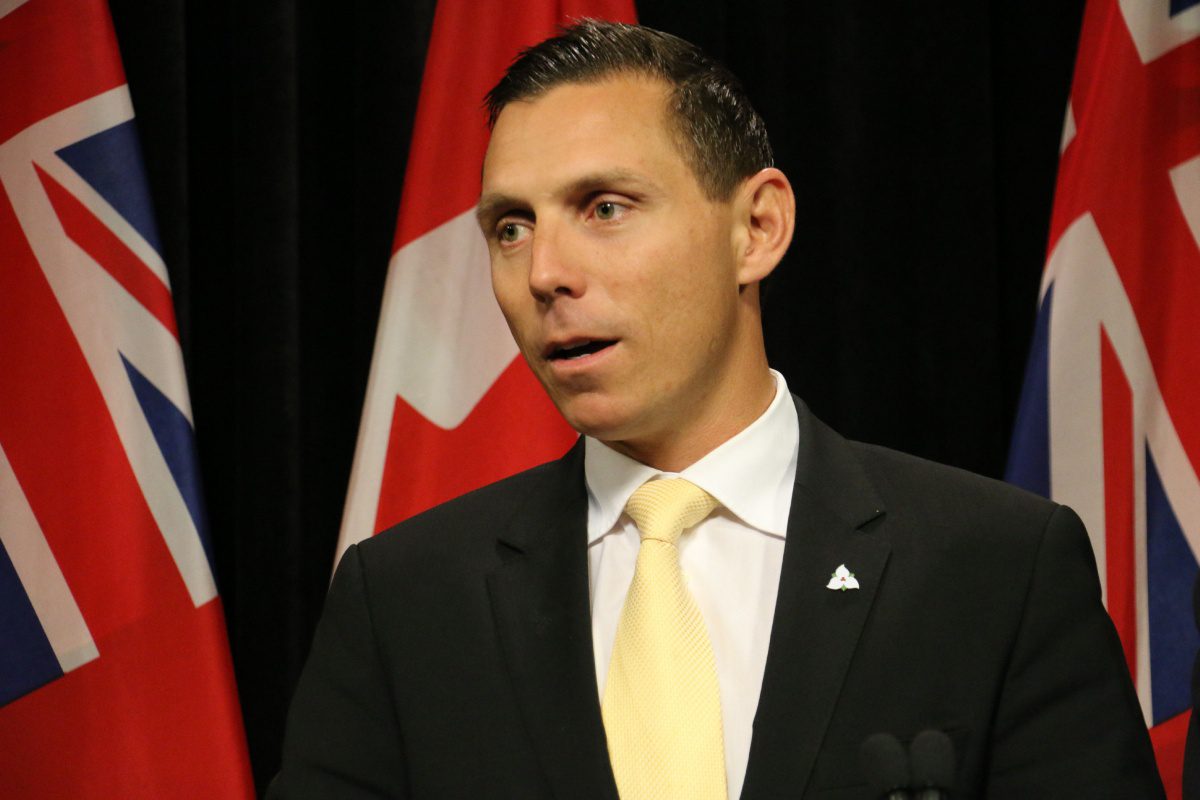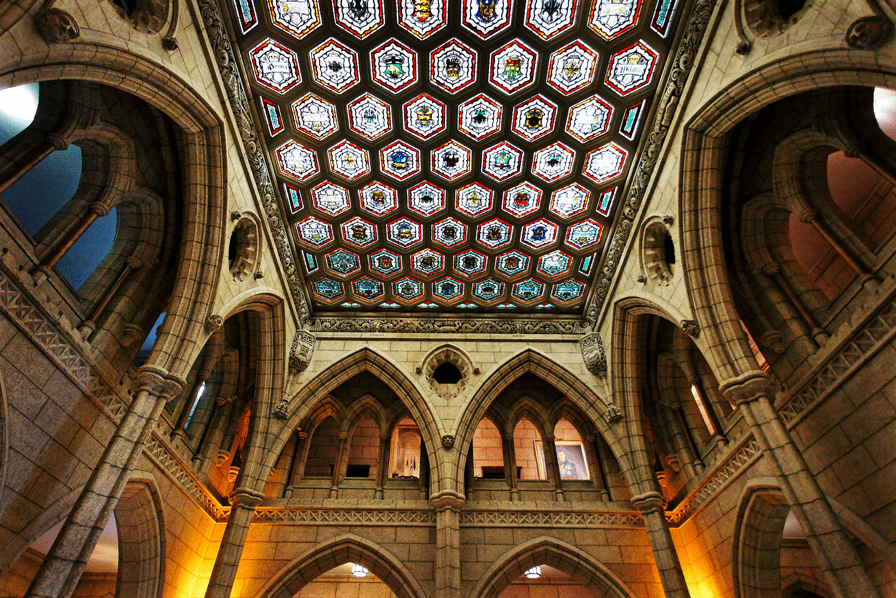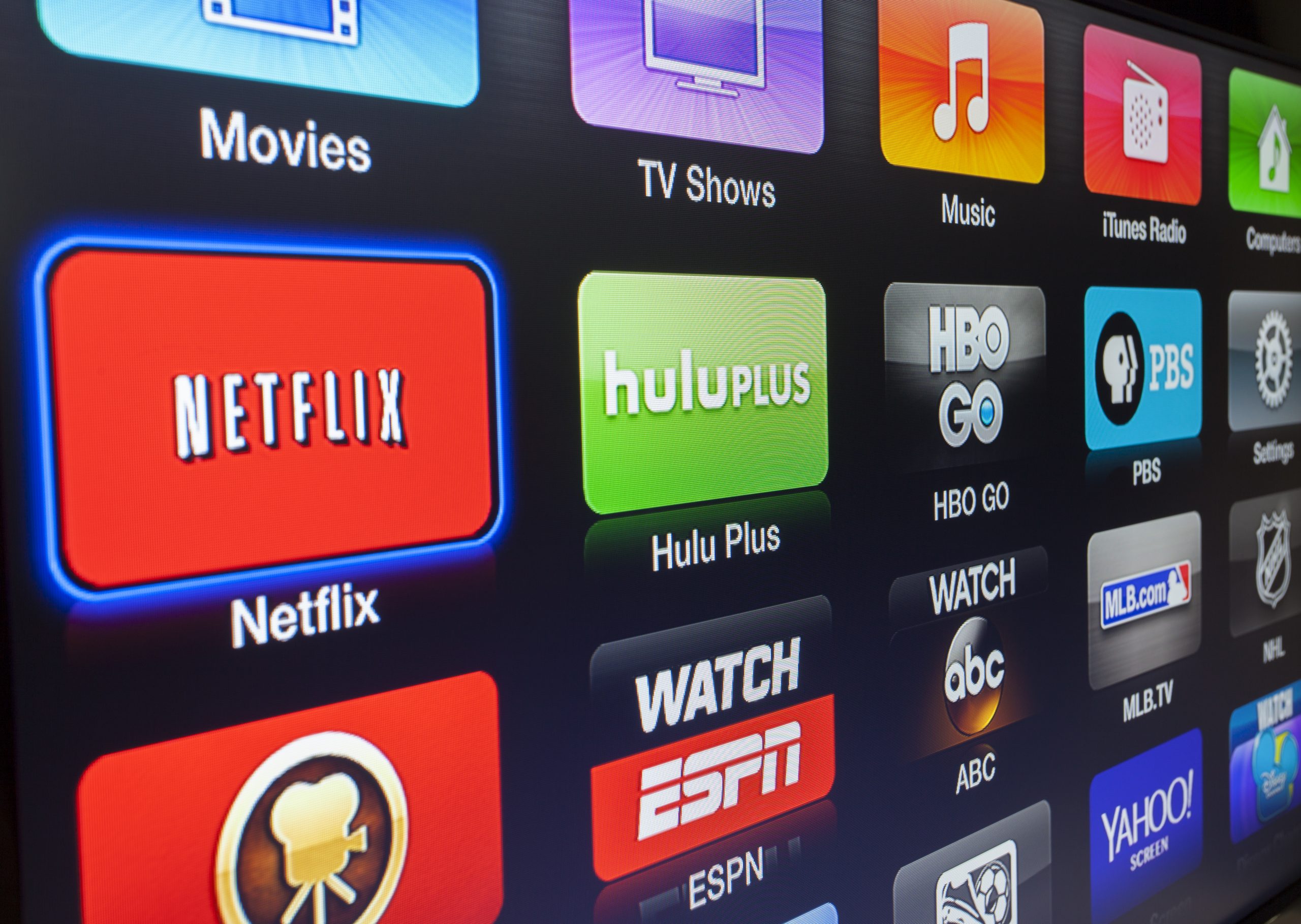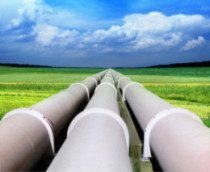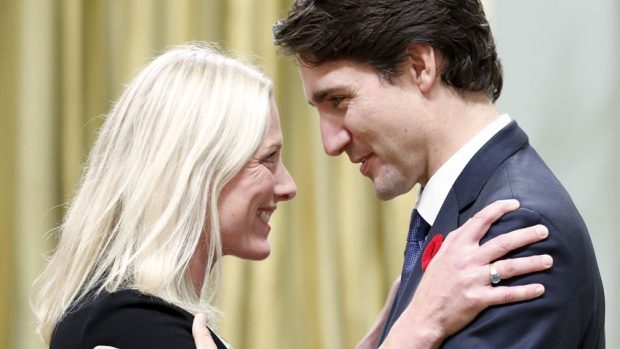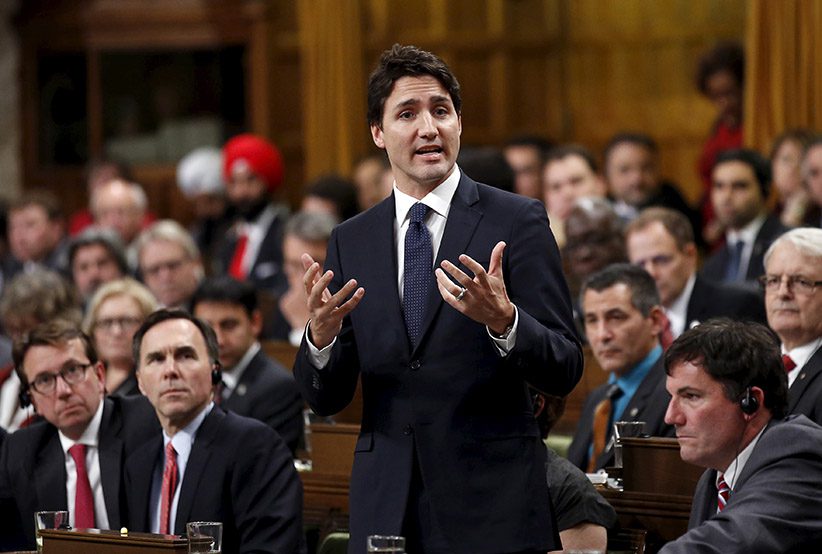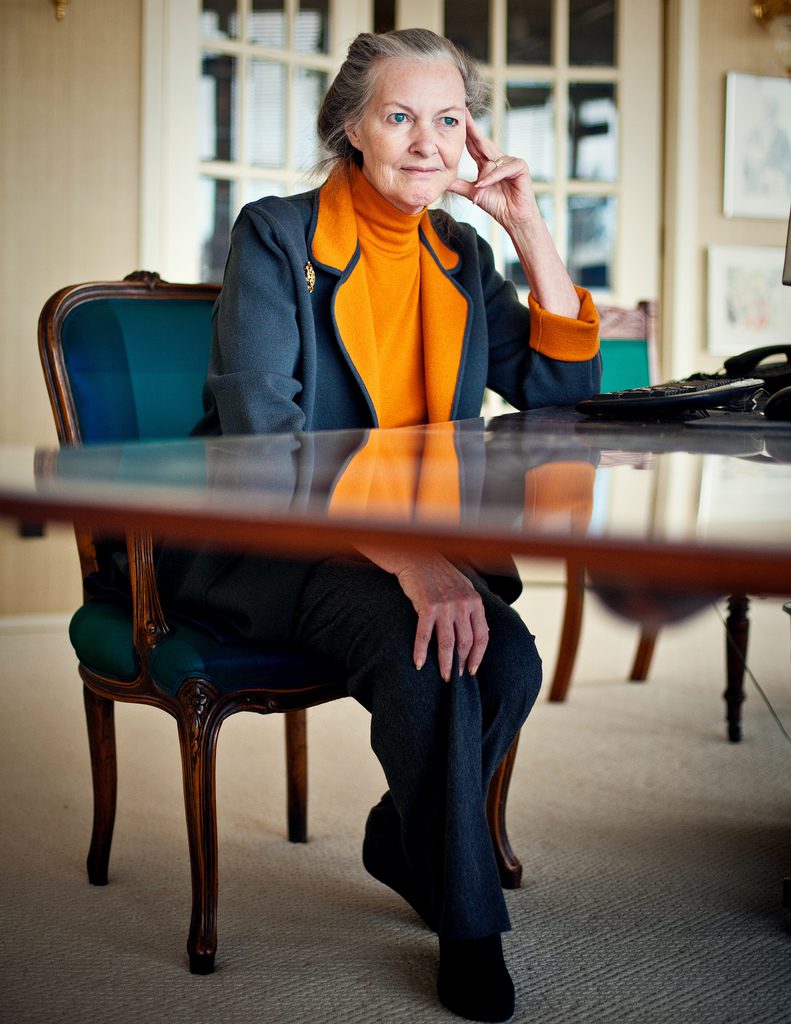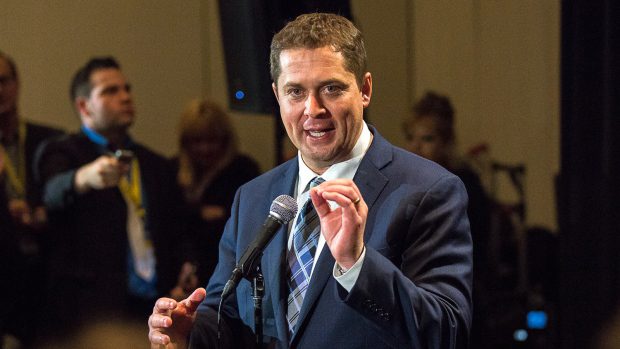According to the Liberal Party of Ontario, Patrick Brown has been channeling his inner Donald Trump lately by adopting the U.S. President's dirty style of politics. (No, clean politics isn't an oxymoron, as Justin "Sunny Ways" Trudeau proves everyday with his smiles and socks.) I mean, all this time, all the signs have been lurking underneath a repressed Brown, subdued by his handlers as they try to present a subtler version of Trump's populism.
The first tell-tale sign of a Trumpster is blatant, bald-faced disregard for the truth. The Toronto Stars intrepid Washington correspondent Daniel Dale has become the official fact-checker of Donald Trump. He's meticulously documented every equivocation, fib, and lie coming out of the big mouth of the bloviator-in-chief over the past two years. There have been hundreds upon hundreds of untruths. Unfortunately there isn't a reporter dedicated to debunking all of Brown's falsehoods, but thankfully Queen's Park press gallery members are privy to LPO press release emails from the Liberal aides fact-checking Brown's public statements. "Patrick Brown's Double Speak on Abortion Rights", "Back to the Future — 2012 Edition — Facts Still Matter in Ontario", "Ventriloquism in Vaughn — Facts Still Matter in Ontario", "Plowing Through the Facts — Facts Still Matter in Ontario", and "Doesn't Matter Where, He Just Doesn't Care — Facts Still Matter in Ontario" are just a sampling of some of the press release emails the LPO has tirelessly provided journalists since the summer. If you were beginning to notice a theme, you'd be right. The Liberals have been so kind as to dedicate an entire website — http://www.factsstillmatter.ca/ — to push back on Brown's sophistry with nothing but pure, unadulterated, facts deduced from nothing but the Socratic method.
Brown, breaking away from the hallowed tradition of Ontario politicians telling nothing but the God-honest truth, speaks only falsehoods according to the OLP. Brown's latest whopper, in a supposedly Trumpesque move, was to slander the honourable and irreproachable Premier Kathleen Wynne when he falsely claimed she was standing trial. Never mind that two ongoing corruption trials involve four top Liberal aides, including Wynne's former chief of staff, the fact of the matter is that the premier has done nothing wrong herself, and she voluntarily agreed to testify as a witness. It all parallels Trump back in 2016, when he slandered an innocent Hillary Clinton by casting aspersions on her deft handling of Benghazi and its subsequent hearings or her unfortunate but honest mistake of her handling of classified emails, which former FBI Director James Comey — an objective judge if there ever was one — exonerated her for, twice. In due course, you'll see, Wynne's Liberal aides will be cleared of any wrongdoing as well, absolving the party.
The second unmistakably Trumpian trait Brown is starting to embody is the enjoyment of nasty attacks. The Liberals have sounded the Trump alarm because of "disgraceful" and "personal attacks" Brown and the Progressive Conservative Party of Ontario have used in their most recent television ad aimed at Wynne. The ad shows selective headlines and excerpts from the media that mention distance memories like the gas plant scandal, and at the bottom of the screen, in ALL CAPS, it reads "THE ONTARIO LIBERAL PARTY IS POLITICALLY CORRUPT", and there is sinister background music and clinking of jail cell doors closing. It all gives the totally false impression that the Liberals through nepotism and self-interest have sold out Ontarians, something completely outrageous to even suggest. On top of this, Brown, like his fellow teetotaller down South, is starting to lash out wildly on Twitter. Yesterday Brown had the impertinence to tweet that Wynne was stonewalling over chemical spills in Sarnia. Or another reckless tweet where he mocked Wynne for doing her civic duty in testifying in Sudbury. It's only a matter time until Nice Patrick fully transforms into rolled-up-sleeves-and-loosened-tie, monstrous Mr. Brown, bellowing "Lyin' Wynne" and "Crooked Kathleen." Remain vigilant.
Alas, there is one area where Brown couldn't be any more absurdly different than Trump than the above satirical comparisons made above, and it's why the rest of Trump's traits uncharacteristic of Brown might stick on the Conservative leader. Brown doesn't have the chutzpah or charisma that reality TV showman Trump does, he spent most of his political career on the back bench. Whatever your opinion of Trump, he is a master at branding by manipulating the base impulses of the press. Brown on the other hand, is still unknown to about half of Ontarians who don't even know who he is. All it takes is a gaffe here and a slip-up there during election season and Brown will be portrayed by the LPO and media as the Big Bad Wolf, and seen through the just-opened eyes of sensitive leftist voters, which make up so much of the Ontario electorate, as ghastly. That, or, God willing, Ontarians will see through this pathetic Hail Mary attempt by a Liberal party desperate to cling to power.
Written by Graeme C. Gordon



